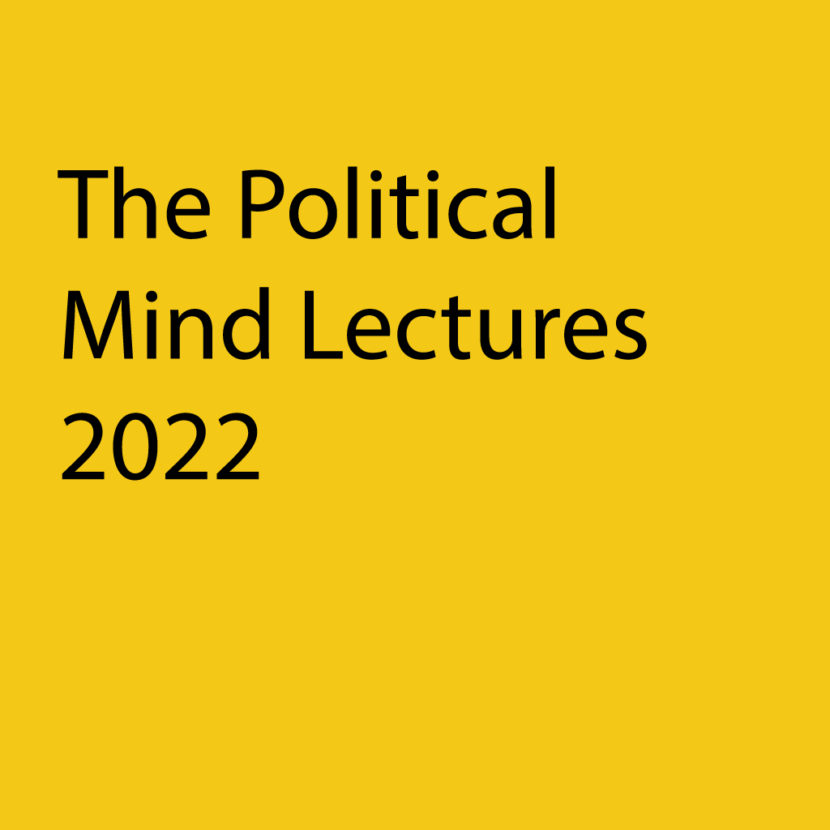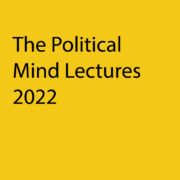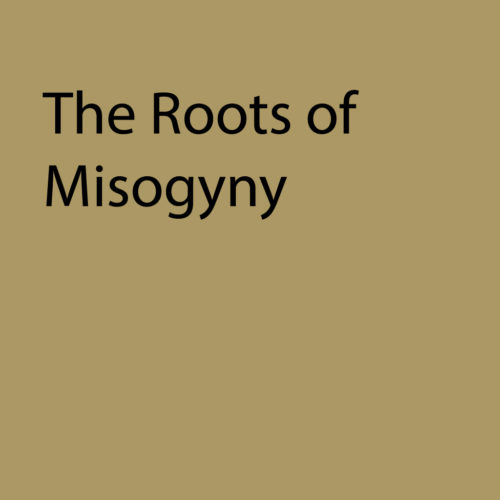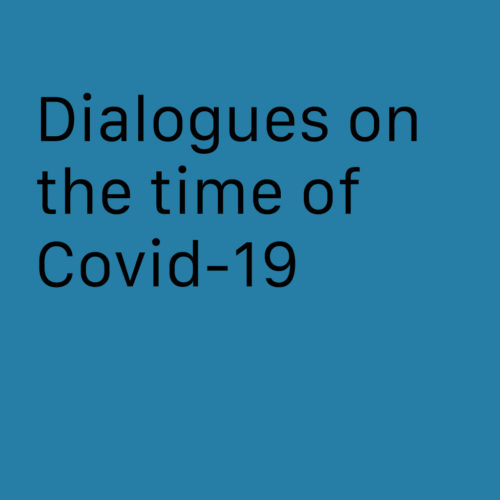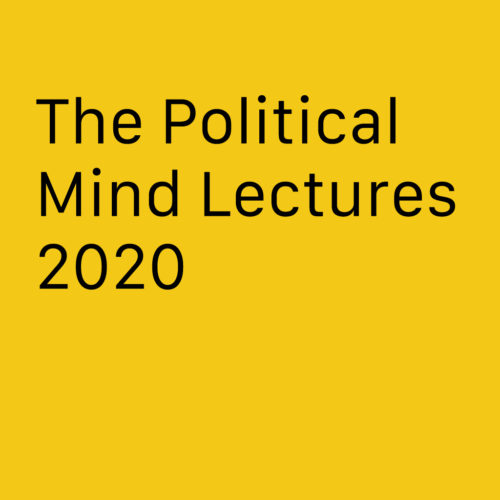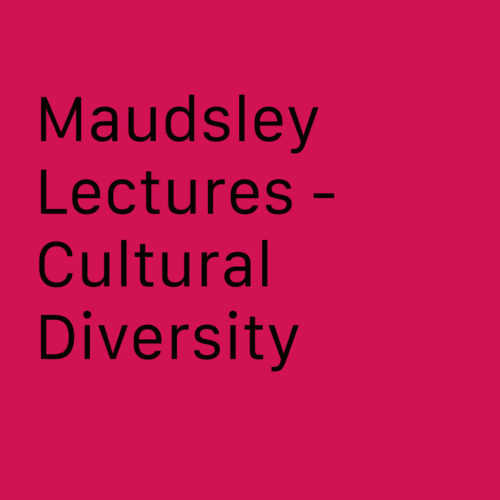Description
This is a series of individual lectures. You can select which ones you would like to purchase.
Each lecture will be available for 6 months from the day of purchase.
These seminars will explore contemporary issues such as the pandemic, racism, totalitarian thinking and dangers to democracy, as well as the NHS, the market economy, the climate crisis, and gender and sexuality.
The Haunting Melody of Loss in the Racist Imagination – Narendra Keval and Prof David Gadd
In his paper, Narendra Keval focused on the appeal of racist fantasies and the political leaders who exploit them, by interrogating the narratives of race in two recent events, namely the turmoil in American politics through what some have called Trumpism and Brexit, the decision to leave the European Union. He suggests that when we get underneath the surface of this rhetoric, there is a predictable constellation of thoughts and feelings that create a racist imagination whose emotional atmosphere is melancholic and potentially murderous. Its haunting melody culminates in grievances and hatreds that coalesce and find expression in a predatory, socially sanctioned and opportunistic structure in racism which serves to bind all the emotional turmoil of ungrieved losses into a toxic amalgam, locked into melancholic responses. Where the shadow of the object falls upon the ego in melancholia, in racism this shadow wreaks havoc on the dark stranger.
In his response, David Gadd explained how many ungrieved losses featured in the lives of the people he interviewed Stoke-on-Trent, and how they featured in hateful attacks mounted by racial harassment perpetrators. Using narrative interview data, David flagged the importance of understanding when and why melancholic feelings are redirected in violent and hateful ways, and of contemplating the specific meanings ‘race’ is invested with in such instances. David’s paper concluded by highlighting what can be done to enhance the psychosocial strengths of those subject to racialised forms of othering and by posing the question of how psychoanalysis might challenge the vested interest some political elites have established in retelling a version of British history that exploits the haunting melody of loss experienced by the least fortunate for pernicious purposes
Fascism, Populism and the Big Lie – Renee Danziger
Renee Danziger is a psychoanalyst in private practice and a Fellow of the British Psychoanalytic Society. She is an Honorary Senior Lecturer in the Psychoanalysis Unit and teaches at the Institute of Psychoanalysis and the British Psychoanalytical Association. She is a training analyst for the Independent Child and Adolescent Psychotherapy Training (IPCAPA) and for the Tavistock Child and Adolescent Psychoanalytic Psychotherapy training. She is a social scientist by background and has a D.Phil in Politics. She is particularly interested in the application of psychoanalysis to social and political issues. Her latest book is Radical Revenge: Shame Blame and the Urge for Retaliation (2021) Free Association Press.
The Psycho-politics of Anger – Josh Cohen
Josh Cohen is a psychoanalyst in private practice and Professor of Modern Literary Theory at Goldsmiths University of London. He is the author of numerous books and articles on modern literature, psychoanalysis and cultural theory. His books include How to Read Freud (Granta 2005) and The Private Life: Why We Remain in the Dark. (Granta 2013). He has written for the Guardian, New Statesman and TLS and appeared on BBC Radio 4.
Love and its survival in unbearable times: living with climate breakdown and the renewed threat of nuclear war – Sally Weintrobe
Sally Weintrobe argues that rising Exceptionalism is a significant underlying driver of the war in Ukraine and the climate crisis, both existential threats. Exceptions must attack limits and transgress boundaries to preserve their felt narcissistic entitlements to endless growth and self expansion regardless of reality’s ‘facts’. Exceptionalism in our era – the neoliberal era – is throwing up ‘strong man’ leaders, trashing the planet and pushing people past what they can bear. When unbound, Exceptionalism is a traumatising agent. Weintrobe explores the ‘rising crazy, its effects (including, she argues, rising underlying suicidality) and the sort of frameworks of care needed for love and sanity to survive.
Sally Weintrobe is a Fellow of the British Psychoanalytical Society (BPAS), a long-standing Member of the Climate Psychology Alliance, and chairs the International Psychoanalytical Association’s Committee on Climate Change. She was formerly an Honorary Senior Lecturer in the Department of Psychoanalytic Studies at University College London, and a member of teaching staff at the Tavistock Clinic.
The Human Face of Peacemaking – Gabrielle Rifkind
Gabrielle Rifkind’s original training was as a group analyst and psychotherapist, but has applied her thinking to international conflict and to what motivates creative or destructive behaviour. She is the founder and director of the Oxford Process, which specialises in preventive diplomacy and behind the scenes mediation in areas of conflict. She is currently working on the Ukraine crisis, but has many years of working in the Middle East to ripen the conditions for mediation. She has spent the last two decades exploring the relationship between geopolitics and the human mind and what motivates people both to get into and out of conflict. She has written three influential books: “The Psychology of Political Extremism” (Routledge); “The Fog of Peace: How to prevent war” (Bloomsbury), co-authored with the former senior UN diplomat Gianni Picco and “Making Terrorism History” (Rider). Her skills can be applied to international conflict, workplaces and family mediation. A political entrepreneur, author and broadcaster, Gabrielle regularly gives public lectures and has twice debated at the Oxford Union. She has written for newspapers, online publications and academic journals, including The Guardian, Times, Independent, Prospect and the New England Journal of Public Policy. She has been a regular conflict mediator for five series of BBC Radio 4’s “Across the Red Line”.
Toward a Social Psychoanalysis: Normative Unconscious Processes in Dyads, Groups, and Institutions – Prof Lynne Layton
Lynne Layton has a Ph.D. in Comparative Literature and Clinical Psychology. She is a graduate and supervising psychoanalyst at the Massachusetts Institute for Psychoanalysis and a Corresponding Member of the Beth Israel Deaconess Medical Center Psychiatry Department at Harvard Medical School. She is the author of Who’s That Girl? Who’s That Boy? Clinical Practice Meets Postmodern Gender Theory, and co-editor of 3 books: Narcissism and the Text: Studies in Literature and the Psychology of Self; Bringing the Plague: Toward a Postmodern Psychoanalysis; and Psychoanalysis, Class and Politics: Encounters in the Clinical Setting. From 2004-2017, she was co-editor of the journal Psychoanalysis, Culture & Society and she is currently an associate editor of Psychoanalytic Dialogues. She is a past President of Psychoanalysis for Social Responsibility and founder of Reflective Spaces/Material Places-Boston, a group of psychodynamic therapists committed to community mental health and social justice. She is the author of the 2020 book Toward a Social Psychoanalysis: Culture, Character, and Normative Unconscious Processes, winner of a 2021 book award from the American Academy and Board of Psychoanalysis.
The Normalisation of Hatred and Cruelty: A Critique of Contemporary Neoliberalism – Prof Will Davies and Dr Dave Bell
Prof Will Davies is a Professor in Political Economy Goldsmiths University London.
He is a sociologist and political economist, working on diverse topics, including neoliberalism, happiness science, environmental politics and anti-expert politics. He is Co-Director of the interdisciplinary Political Economy Research Centre and convenes the BA in Politics Philosophy & Economics. His author of Nervous States: How feeling took over the world (2018) The Happiness Industry: How the Government and big business sold us Wellbeing (2016)
The Limits of Neoliberalism: Authority, Sovereignty and the Logic of Competition (2015) and a regular contributor to the London Review of Books and NLR.
Dr David Bell was recently a Consultant Psychiatrist in the Adult Department at the Tavistock and Portman NHS Foundation Trust where he was Director of Postgraduate Training and led a specialist service (the Fitzjohn’s Unit) for the more complex cases. He lectures and publishes widely on various subjects including the historical development of psychoanalytic concepts (Freud, Klein and Bion) and the psychoanalytic understanding of severe disorders. For his entire professional career he has deeply involved himself in interdisciplinary studies (the relation between psychoanalysis and literature, philosophy and socio-political theory). He has written numerous papers and chapters in books/monographs, edited two books, Reason and Passion, Psychoanalysis and Culture and written one small book Paranoia. He is also one of the UK’s leading psychiatric experts in asylum and immigration. In 2012 he took up the position of Professorial Fellow at Birkbeck College. He is a former President of The British Psychoanalytic Society.
